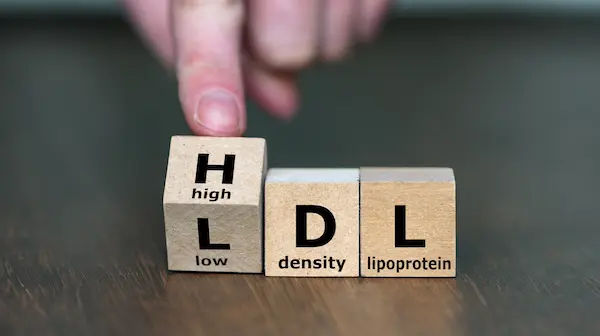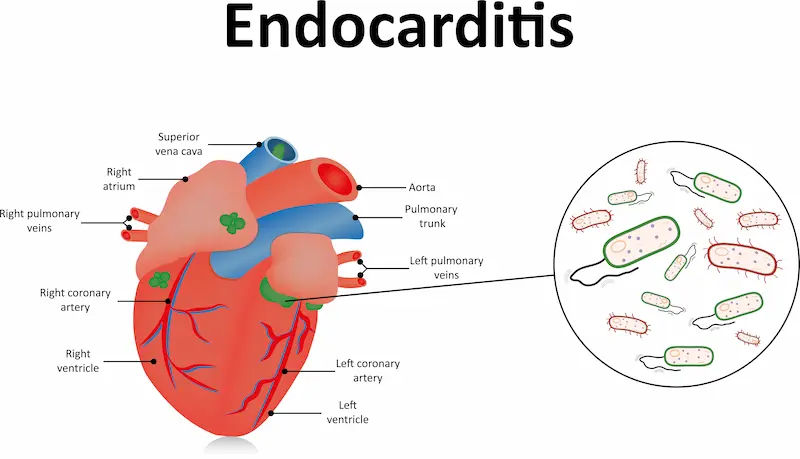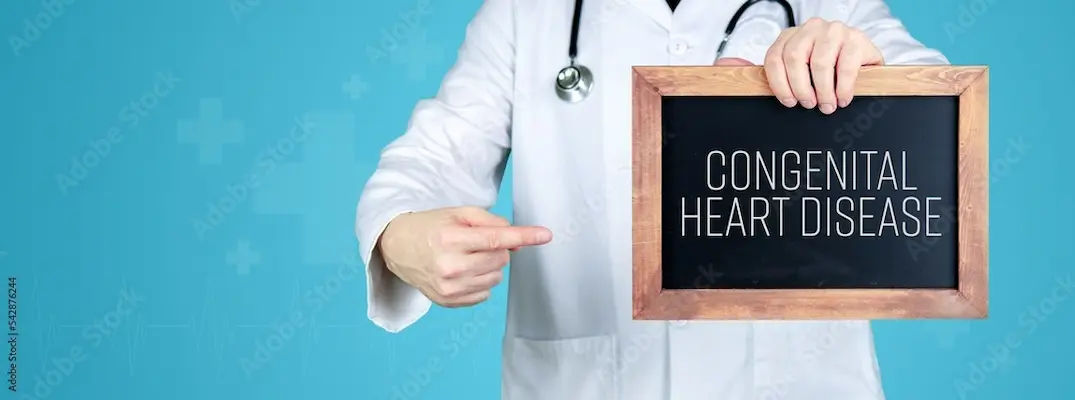- male
- 65 Years
- 01/04/2021
What are the 4 stages of heart failure?
Answered by 1 Apollo Doctors
Stage 1- ordinary physical activity doesnt cause dyspnea, fatigue or palpitation , Stage 2- comfortable at rest , but ordinary physical activity causes dyspnea, fatigue or palpitation , Stage 3- - comfortable at rest , but less than ordinary physical activity causes dyspnea, fatigue or palpitation . Stage 4- uncomfortable at rest , unable to carry out any physical activity without discomfort.
Dr. Kareemulla Suggests...
Consult a Cardiologist
Answered 04/07/2025
0
0

More Cardiology Health Queries
View allI'm really worried because he takes a lot of meds. In the morning, he's on Korandil 5, Ranozex, Deplate 75, Calpaol T, Metacard XL50, Solotrate SR 60. In the evening, he takes Orvas 10, Nexpro RD 40, Cobadex, Calpaol T, Korandil 5, and Ranozex. Lately, he's been experiencing low blood pressure. I'm not sure what to do. Any suggestions?
Continue all the medications..
Answered by 1 Apollo Doctors
I'm really worried because I've been experiencing shortness of breath almost every day for the past year. It's like I can't breathe deeply and feels like there's air trapped in my chest. It's happening even when I'm just resting with no apparent triggers. I also sometimes feel dizzy and have trouble focusing. I've noticed that this used to only happen occasionally, like during exercise or when the weather was bad, but now it's nearly constant. I'm currently taking verapamil three times a day to manage my tachycardia and hypertension. Could any of this be related, or what might be causing these feelings?
Seroflo inhaler sos is advised to the pt for wheezing.
Answered by 1 Apollo Doctors
I'm really worried because I've been hearing a lot about high cholesterol and its impact on heart health. How serious is it if someone has high cholesterol levels, and what steps can I take to manage or lower it? Are there specific foods or lifestyle changes I should consider?
It seems like you are concerned about high cholesterol levels. To help lower cholesterol, you can consider taking Atorvastatin (brand name Lipitor) at a dosage of 10-20 mg daily. Additionally, incorporating lifestyle changes such as a healthy diet low in saturated fats and regular exercise can also be beneficial in managing cholesterol levels.
Answered by 1 Apollo Doctors
Disclaimer: Answers on Apollo 247 are not intended to replace your doctor advice. Always seek help of a professional doctor in case of an medical emergency or ailment.





